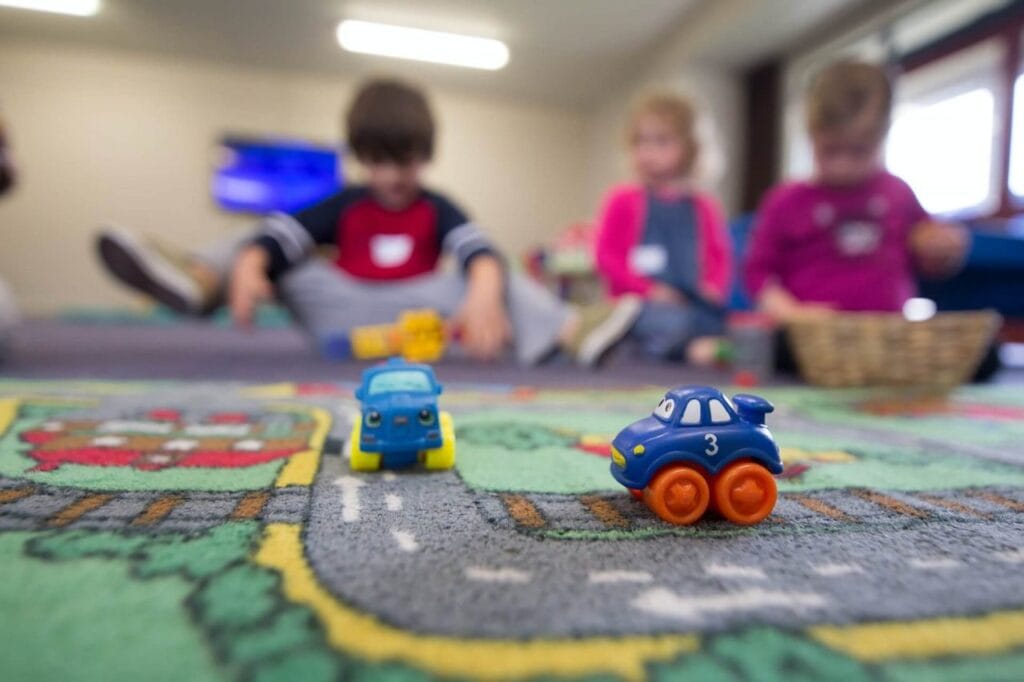One of the realities in life that teachers and parents must understand is that children are playful by nature. It is innate for young kids to be curious about the things and people around them. Studies show that the peak in our kids’ brain development occurs between 0-5 years of age. In this stage, being able to play and explore the world around them stimulates their cognition.
Having well-developed cognitive skills is crucial to the development of the other skills that our kids need to succeed in the future. It’s true that biology dictates the basic cognitive setup of our kids, but practices and life experiences play an important role in the development of multi-tasking, problem solving and other significant life skills.
Play-based learning is popular among the best Dural kindergarten facilities. With the goal of stimulating early children cognitive skills, they set up rooms and amenities to cater and suit various creative and interactive play among kids. The top Dural early childhood centre also offers resources and tools to encourage social connections and negotiations at a young age. They also conduct activities that teach students the basic ways to cope or deal with child stress.
Many families are now recognising the advantages of play-based kindergarten. If you are still torn between play-based settings and academic learning, here are the advantages and disadvantages of each program to help you decide what is best for your kids.
Play-based Setting
Among the benefits of our children from this teaching style is that they get to choose the topics and activities that satisfy their curiosity. The best Dural childrens centre offers lots of interactive resources and educational toys to cater the different interests of young kids. These promote multiple intelligence as the resources commonly cover the children’s analytical, physical and emotional developmental needs.
Many child care experts also agree that play-based education helps with the readiness of children to transition to a formal school setup. It helps work on developing friendships, self-control and other life skills that they need to socialise and easily adjust to formal schooling.
On the other hand, play-based setup does not directly expose kids to science concepts, numbers and even the alphabet. In this regard, there is a possibility that kids who grew from this type of learning may score lower on standardised testing than those who became accustomed to academic setup.
Academic Settings
Children who were accustomed to a care centre with academic programs are more familiar with the subjects that they will have when they start kindergarten. Some child care experts also believe that they have improved attention skills at a young age.
Meanwhile, being in an academic program at a young age may cause kids to get bored and lose their interest in exploring the things around them as they tend to just follow what they need to do and learn. Some research also shows that this kind of teacher-led education setting will hinder the growth of children’s confidence, curiosity and creativity.
Learning is not a one-size fits all way. One method may work well for a young child but may not be effective to another. Hence, parents’ involvement is crucial at this stage as they are the ones who know their children best and can assess which type of education style will suit the personality and interests of their kids.

